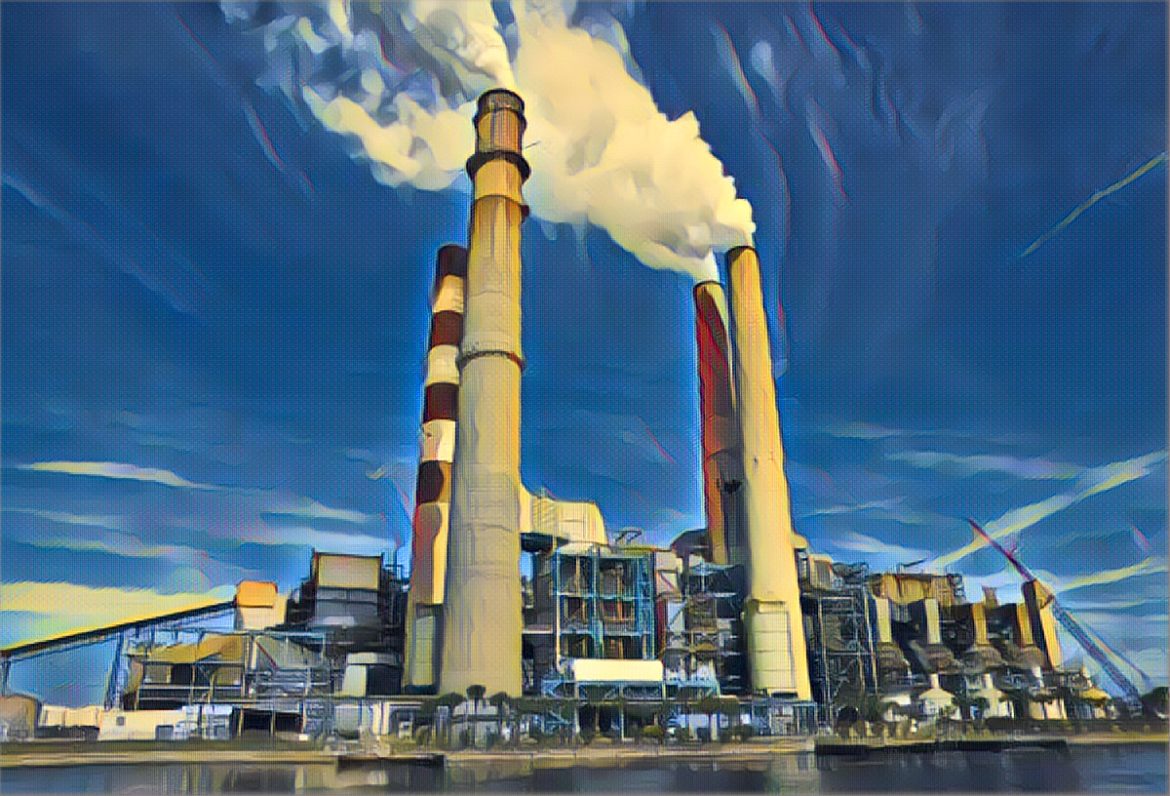Ghana is one of the few countries in Sub-Saharan Africa that is ready to exploit nuclear technology for socioeconomic growth fully, according to the Director-General of the Nuclear Energy Agency (NEA), Mr William D. Magwood, IV. He made this remark at a media briefing on the sidelines of the International Framework for Nuclear Energy Cooperation (IFNEC) Ministerial Conference in Accra on Thursday.
The IFNEC conference brought together high-level officials, nuclear industry representatives, and key stakeholders to discuss regional and international cooperation and policies to advance nuclear energy programs. Participants discussed solutions to nuclear financing, regulation, human resource development, supply chain development, mapping, and project development.
Mr Magwood praised Ghana for its intellectual infrastructure, technical training, and political commitment to nuclear energy. He said Ghanaian experts had an advanced awareness of available technologies that might benefit the country based on its circumstances. He also said the NEA would support Ghana to succeed in its nuclear ambitions.
Ghana is seeking to add nuclear energy to its energy portfolio to support industrialization after the dwindling of traditional energy sources. The country has selected Nsuban in the Western region and Obotan in the Central region as potential sites to host its first nuclear power plant. Detailed technical assessments are being concluded at both locations to determine the preferred sites. The government will announce which partner country will build the nuclear plant by 2030.
Ghana is not the only African country that is interested in nuclear energy. According to the International Atomic Energy Agency (IAEA), 30 African countries are interested in developing nuclear power programs. Some of them, such as Kenya, Morocco, Nigeria, and Sudan, have already signed agreements with the IAEA to receive assistance in their nuclear endeavors.
Nuclear energy is seen as a clean, reliable, and affordable source of electricity that can help African countries meet their growing energy demands and achieve their sustainable development goals. However, nuclear energy poses significant challenges, including safety, security, waste management, and public acceptance. Therefore, African countries need to ensure that they have the necessary legal, regulatory, and institutional frameworks to ensure the safe and peaceful use of nuclear energy.
The IFNEC conference allowed Ghana and other African countries to learn from the experiences and best practices of other countries that have successfully implemented nuclear energy programs. It was also a platform for fostering dialogue and collaboration among various stakeholders, including governments, industry, academia, and civil society. By hosting the conference, Ghana demonstrated its leadership and commitment to advancing nuclear energy in Africa.
Source; GhanaWeb





5 comments
Please let me know if you’re looking for a author for your weblog.
You have some really good posts and I think I would be a good asset.
If you ever want to take some of the load off,
I’d really like to write some articles for your blog in exchange for a link back to mine.
Please blast me an email if interested. Regards!
Dalam beberapa tahun terakhir, industri permainan digital maju sangat pesat.
Salah wahid kategori yang mengalami pertumbuhan signifikan adalah situs slot online.
I pay a quick visit everyday a few blogs and websites to read articles, except this website provides feature based posts.
Hey there I am so delighted I found your weblog, I really found you by
mistake, while I was looking on Askjeeve for something else, Nonetheless
I am here now and would just like to say cheers for a fantastic post and a
all round interesting blog (I also love the theme/design), I don’t have time to go through it all
at the minute but I have bookmarked it and also added in your RSS feeds, so when I have time I will be back to
read much more, Please do keep up the excellent job.
Spot on with this write-up, I truly believe this site needs much more attention. I’ll probably be back
again to read through more, thanks for the advice!